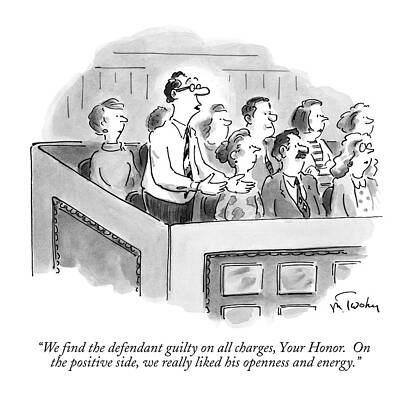“It is a mistake to think that ruptures with the heretics are something you can practice for by conducting ruptures with the saints.”
The Auburn Avenue Chronicles Vol. 2, p. 818
“It is a mistake to think that ruptures with the heretics are something you can practice for by conducting ruptures with the saints.”
The Auburn Avenue Chronicles Vol. 2, p. 818
“Since the confessions don’t tell us how many yards of law to use, or how many pounds of grace must be included, this means that we cannot judge on the basis of touchy-feely emphases.”
The Auburn Avenue Chronicles Vol. 2, p. 815
Introduction: Michael Spangler has written an introduction to Christian race realism, and I would like to take this opportunity to respond to one of his central claims, which I regard to be both ...
“This is a body [the SJC of the PCA] which has determined, in effect, that Leithart was falsely accused, and yet that the false accusations were provoked, in part, by terminological carelessness. We should take the vindication in hand, and take the caution to heart.”
The Auburn Avenue Chronicles Vol. 2, p. 812
Letter to the Editor: Point by point, I tracked everything you said. From the iconic and divinely orchestrated photo-op to the "different angle" about this kinda sorta being the American ...
“I do not propose that we do what our opponents did when various pronunciamentos were released by various Reformed denominations, denouncing what they thought were the tenets of what they thought was something called the Federal Vision. What that tactic was consisted of announcing that the whole thing was now settled, that all legit Reformed denominations were taking this stand, united in the true gospel, and that the only thing for us troublemakers to do was to shuffle off, suitably abashed. That wasn’t legitimate for them to do then, and it is not legitimate for us to do now. The only lady who has sung to this point is a welterweight.”
The Auburn Avenue Chronicles Vol. 2, p. 805
Introduction: Let’s begin with that iconic photo, shall we? Fist raised to reassure his people, and the same fist raised in defiance of his enemies. Red, white, and blue. Red blood, white cuff, and blue jacket. American flag in the background. Blood on his face. The position of the fist makes it look like he …
“When something starts to happen, all kinds of people are attracted to it, for various reasons. Not surprisingly, they want to help steer the movement in a direction consistent with why they showed up in the first place. But people are coming from all directions, including from some good directions, and this is why it takes some time for the whole thing to sort out and set up. Complicating the set-up period is the arrival of pistol-fanning heresy hunters, acting like they were Annie Oakley doing trick shots. Unfortunately, buying a gun is not the same thing as learning how to aim it, and waving the Westminster Confession overhead is not the same thing as reading it.”
The Auburn Avenue Chronicles Vol. 2, p. 803

“Whenever you are dealing with a new movement, identification of what that movement is all about is a lot trickier than, say, analyzing some fossilized denomination. With the latter, all you have to do is read the little inscription next to the glass case, and you know exactly what they stand for. But when something new is happening, it can take a bit of time for the whole thing to ‘set up.’”
The Auburn Avenue Chronicles Vol. 2, pp. 802-803